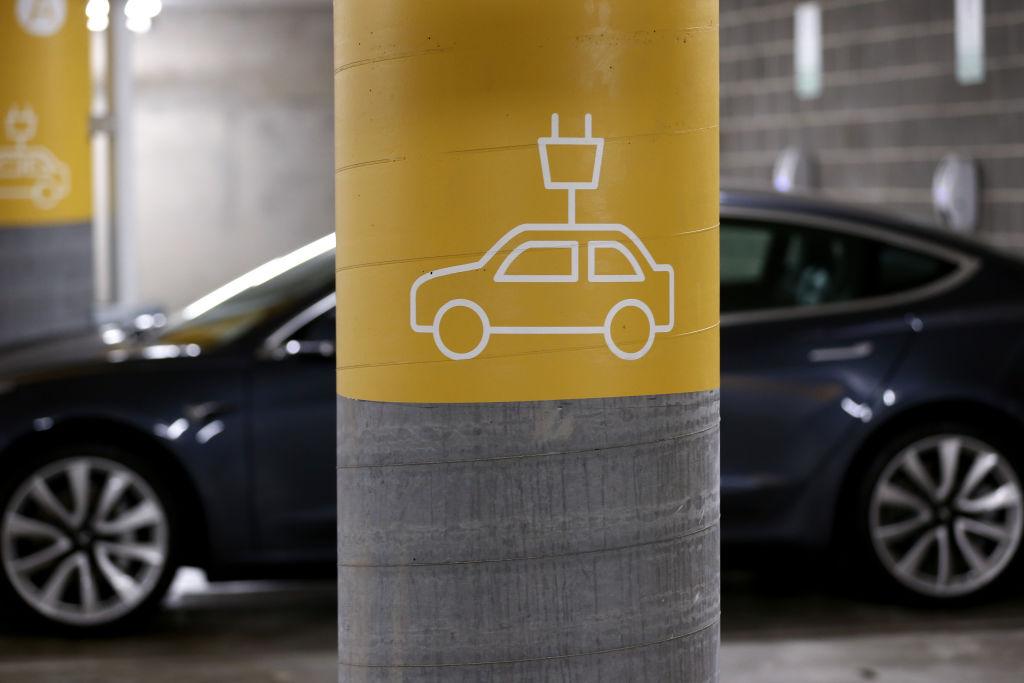The U.S. Department of Energy (DOE) on Nov. 15 announced an investment of up to $3.5 billion for companies aimed at boosting domestic production of advanced batteries and the materials that go into them.
The funding—taken from President Joe Biden’s Bipartisan Infrastructure Law, which was signed into law in 2021—will go towards expanding domestic facilities for battery-grade processed critical minerals, battery components, and cell and pack manufacturing, the DOE said.




